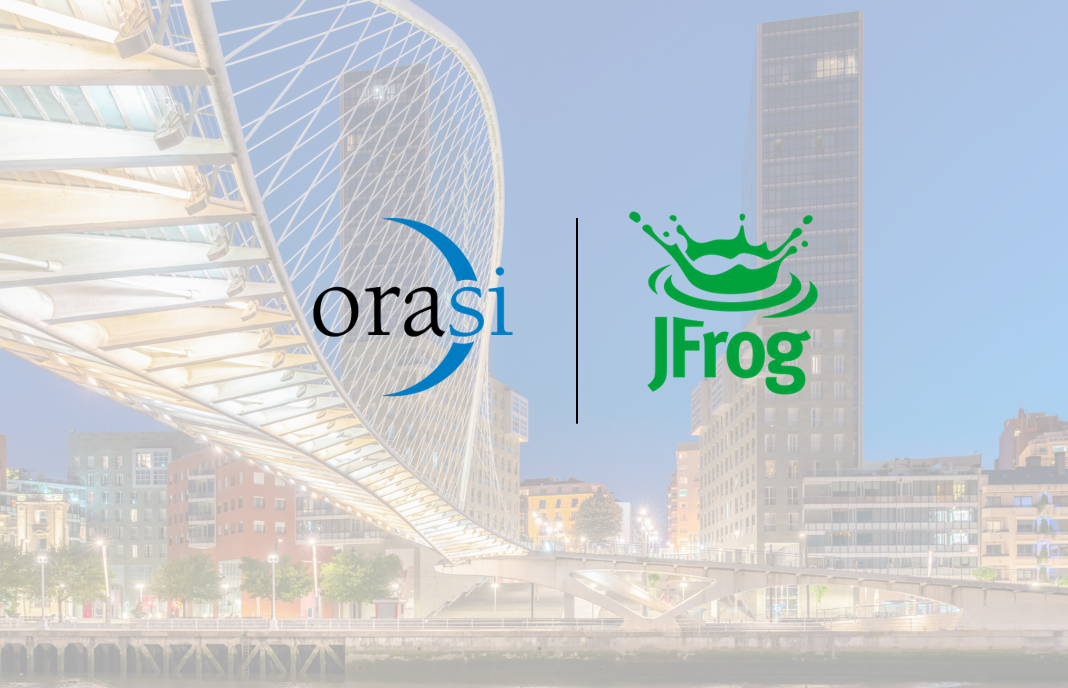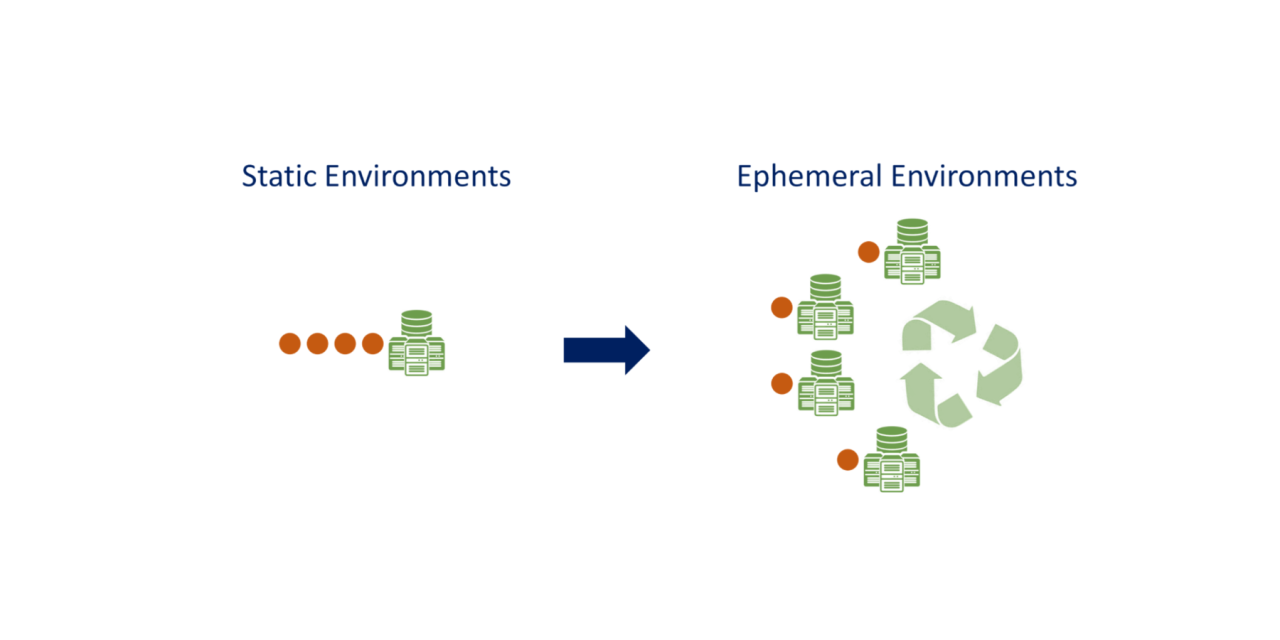By: Mark Lewis, SVP Sales and Marketing
A lot of traditional IT was monolithic, reactive, and siloed. Applications had a long-drawn cycle. They were made in isolated phases by insular teams. The time between user-requirement gathering to actual roll-out was so stretched out that most requirements had lost their urgency and relevance by the time they were shipped as features.
However, with new software development models like agile methodologies, many of these delays and inefficiencies began being addressed. With the emergence of DevOps on the IT scene, for the first time, the ‘dev’ part and the ‘ops’ part could see each other and come closer. They could work in unison and not in isolation. The coding team could be on the same page as the operation engineer. That means that the applications were now much closer to the real user-side issues, resource levels, and needs.
For the CIO sitting above this team at a strategic level, the view changed too. Now, the CIO can harness the potential of DevOps to make IT a proactive enabler for business. With DevOps in place, CIOs can use IT in the most powerful way to help the enterprise on the digital transformation journey it has taken.
CIOs are tapping into many advantages with the ever-rising use of DevOps.
- Fast and agile: Enterprises can finally have agile products and processes. The time taken between identifying an additional need for an application to its deployment has shrunk massively. If an enterprise wants to deliver fast and smooth services to its customers, it must be on its toes. Its people have to be armed with robust and immediate applications to add to customer delivery and value. This can be accomplished with the adoption of DevOps.
- Flexible: Cloud, micro-services, and containers have hugely changed the landscape. Today, IT is becoming modular and flexible. To match this granularity and agility level, applications also have to be deployed with an agile DNA. This is where DevOps again becomes helpful for CIOs. It enables them to think of fresh ways of empowering business functions to create smooth and swift customer experiences out there.
- No flab: CIOs can save a lot of wasted time, costs, and resources that were invisibly pushed into the big dividing gap between developers and operations teams. Project creeps can finally be solved. Scope creeps and time spillovers can be arrested at the right time because of DevOps processes’ innate strengths – iterative and incremental development. This is where the IT budget and cost-center issues get addressed in a significant and sustainable way. It makes IT a profit-center and a function that delivers value. This helps to flip the traditional image of the IT department and build up a new brand for the CIO hat.
- Business continuity and resilience: CIOs can strengthen their security posture with the use of DevOps. They can now respond to attacks, risks, and changes in a proactive and fast way. The applications are flexible and agile enough to defend any attack and then bounce to default-state without wasting too much time. This creates a new assurance against the proliferation of Cyber Attacks. DevSecOps adds to this strength by embedding security throughout the cycle.
- Innovation: New services and innovative ideas can be created without too much risk or delay. This again adds to the IT function’s role as a revenue center and wipes away its cost center label. Applications can be rolled out quickly and can be improved upon on-the-go by using customer insights seamlessly. It gives a CIO room to be creative and to try out new technologies before the competition does.
DevOps also brings a massive culture shift. Now, collaboration and innovation are not just words to be put on a whiteboard. They are realities. Teams that work under a DevOps culture are more aligned with each other and with a bigger purpose. The pace of improvement and cross pollination is faster and more consistent now.
That’s precisely what a CIO needs in today’s era. People and applications that don’t make him/her wait. That’s what DevOps ultimately delivers.



